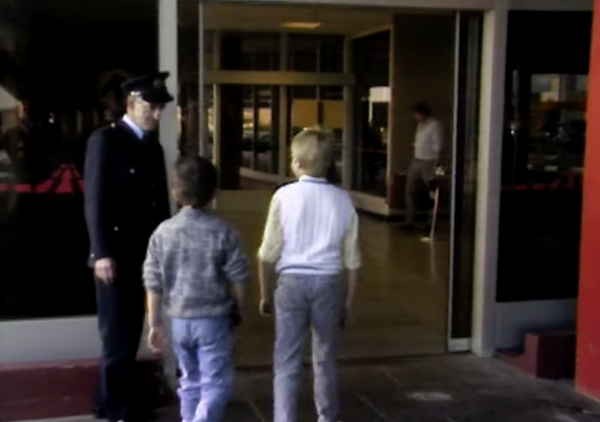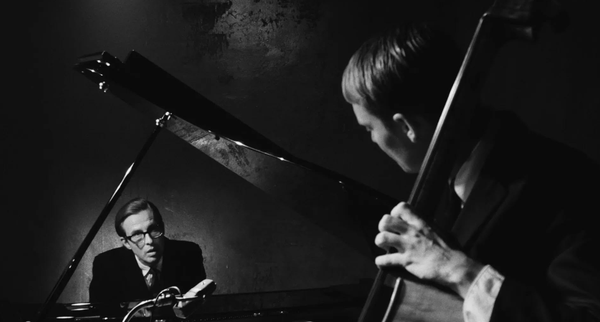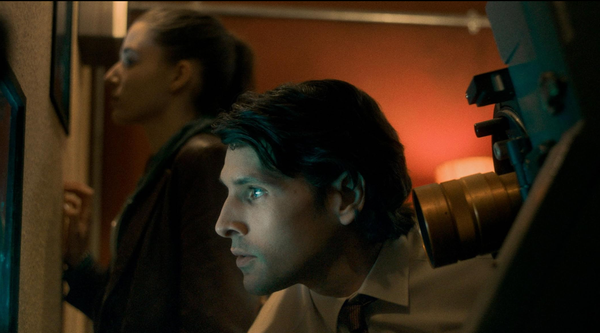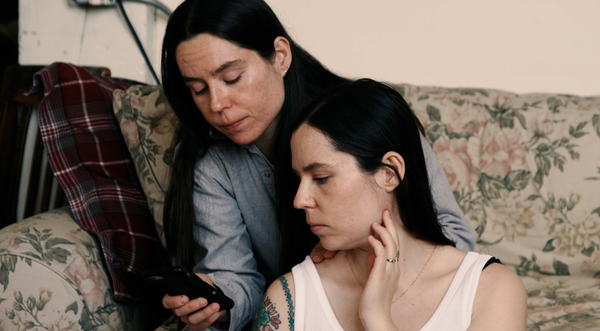Pia Roycroft churns through the complexities of Hot Milk, starring Cobh actor Fiona Shaw.
Hot Milk, directed by Rebecca Lenkiewicz in her striking directorial debut, is a deeply personal and atmospheric adaptation of Deborah Levy’s 2016 novel. The film explores the tangled emotional web between Sofia (Emma Mackey), a dutiful daughter, and her manipulative, ailing mother Rose (Fiona Shaw), as they travel to Spain in search of a cure.
Reading the book post-screening did influence my perspective of the film. Given the popularity of the source material, getting the casting right was always going to be crucial. In the literary version, Rose is from the north of England, not Ireland. This is just one of choices made by Lenkiewicz that differ from the book, but it's one really works. The generational shame carried by Shaw’s portrayal taps into something Irish people know too well. As a casting choice, she fits like a glove – or in this case, an embroidered silk top. As with most adaptations, the nuance from the original text is lost without Sofia’s warm and witty inner monologue. A shift to a more omnipotent narrative allows for the exploration of different perspectives without being overly guided by Sofia’s biases.
The onscreen chemistry between Mackey and Shaw truly sells the reality of their strangely symbiotic – or arguably parasitic at times – relationship. Their mutual hate and shame, but also unconditional love for one another, is tangible. Each actor conveys the catharsis of this wholeheartedly through their rich performances. On the subject of strong acting, the character of Sofia’s love interest, Ingrid (Vicky Krieps), is complex and challenging. She is both misguided and entirely self-aware, manipulating those around her with quiet precision. This duality is embodied convincingly by Krieps, and Sofia becomes hopelessly entangled and inevitably scarred, stung - an internalised version of the marks left by the jellyfish she encounters.
Hot Milk touches on sapphic and then also disability representation. Due to the situationship between Sofia and Ingrid, this could be labelled queer media, but romance is not the main focus of the film. Without speaking too much on how things unfolds, lesbian partnerships are too often portrayed as toxic on screen, and this one is particularly emotionally fraught. However, much of this tension is amplified by Sofia’s relationship with her mother, which underpins every interaction Sofia has. Speaking on disability too, Hot Milk is effective in showing how mental health can affect physical health – and vice versa. Rose represents the psychological conflict of acknowledging the need for help while feeling unable or unwilling to take the first step towards it.
In terms of production, this film is well shot. Greece doubles as Spain, something hardly noticeable unless you recognise the regions themselves. Cinematographers Christopher Blauvelt and Si Bell masterfully capture the rugged beauty of the terrain, turning what is typically a popular tourist destination into a constricting, almost claustrophobic space for Sofia, but is nonetheless visually captivating.
Shaped by her experience in theatre and as a writer on films like Colette and Ida, Lenkiewicz delivers an impressive first feature. With Hot Milk, she has laid the groundwork for a striking career in cinema , and this critic will be watching to see what she does next.
Hot Milk is in cinemas 4th July 2025.







